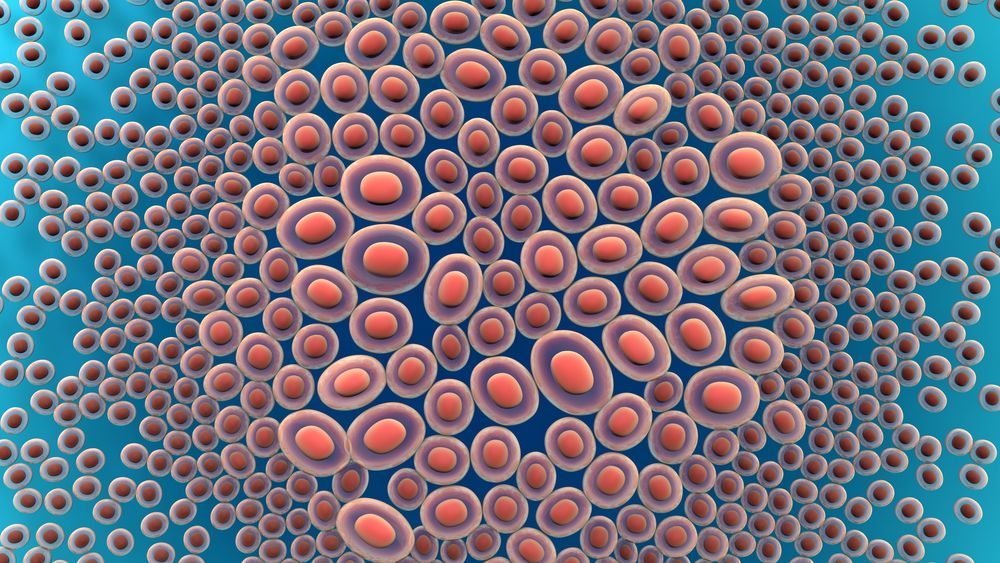How long does it take lung cancer to develop, grow, and spread? Learn about the growth rate, doubling time, and how it can affect treatment.



NASA has contracted SpaceX to carry out the launch for its upcoming Psyche mission to a strange metal asteroid in our solar system. The launch will use one of SpaceX’s Falcon Heavy rockets, for a cost of $117 million.
“The Psyche mission will journey to a unique metal-rich asteroid, also named Psyche, which orbits the Sun between Mars and Jupiter,” NASA explained in a statement. “The asteroid is considered unique, as it appears to largely be made of the exposed nickel-iron core of an early planet — one of the building blocks of our solar system.” Astronomers believe that studying this unusual asteroid could help us to understand how planets develop, including planets like Earth.
“Deep within rocky, terrestrial planets, including Earth, scientists infer the presence of metallic cores, but these lie unreachably far below the planet’s rocky mantles and crusts,” NASA said. “Because we cannot see or measure Earth’s core directly, the mission to Psyche offers a unique window into the violent history of collisions and accretion that created terrestrial planets.”


Yet another talk from Aubrey.


Boeing is offering signing bonuses up to $30,000 for experienced satellite engineers and procurement specialists, saying Friday needs the staff “to help build assets for the U.S. Air Force and its allies.”
The company posted a notice about its hiring on LinkedIn, listing more than open 75 jobs for what Boeing said were its “rapidly growing” satellite program efforts.
“We have an urgent need for Security Cleared Satellite Engineers to help build assets for the U.S. Air Force and its Allies. We’re offering a potential $30k sign-on bonus,” the posting said.

Scientists at the Washington University School of Medicine in St. Louis revealed on February 24 that they had successfully converted human stem cells into insulin-producing cells and demonstrated in mice infused with the converted cells that they can act as a rapid cure to diabetes.
The research transformed other types of cells into beta pancreatic cells which produce the insulin hormone needed by the body to break up blood sugar.
The findings were published in the journal Nature Biotechnology.
‘This is the first time I have seen such a dramatic drop-off over such a wide area for a specific event,’ says NASA scientist.